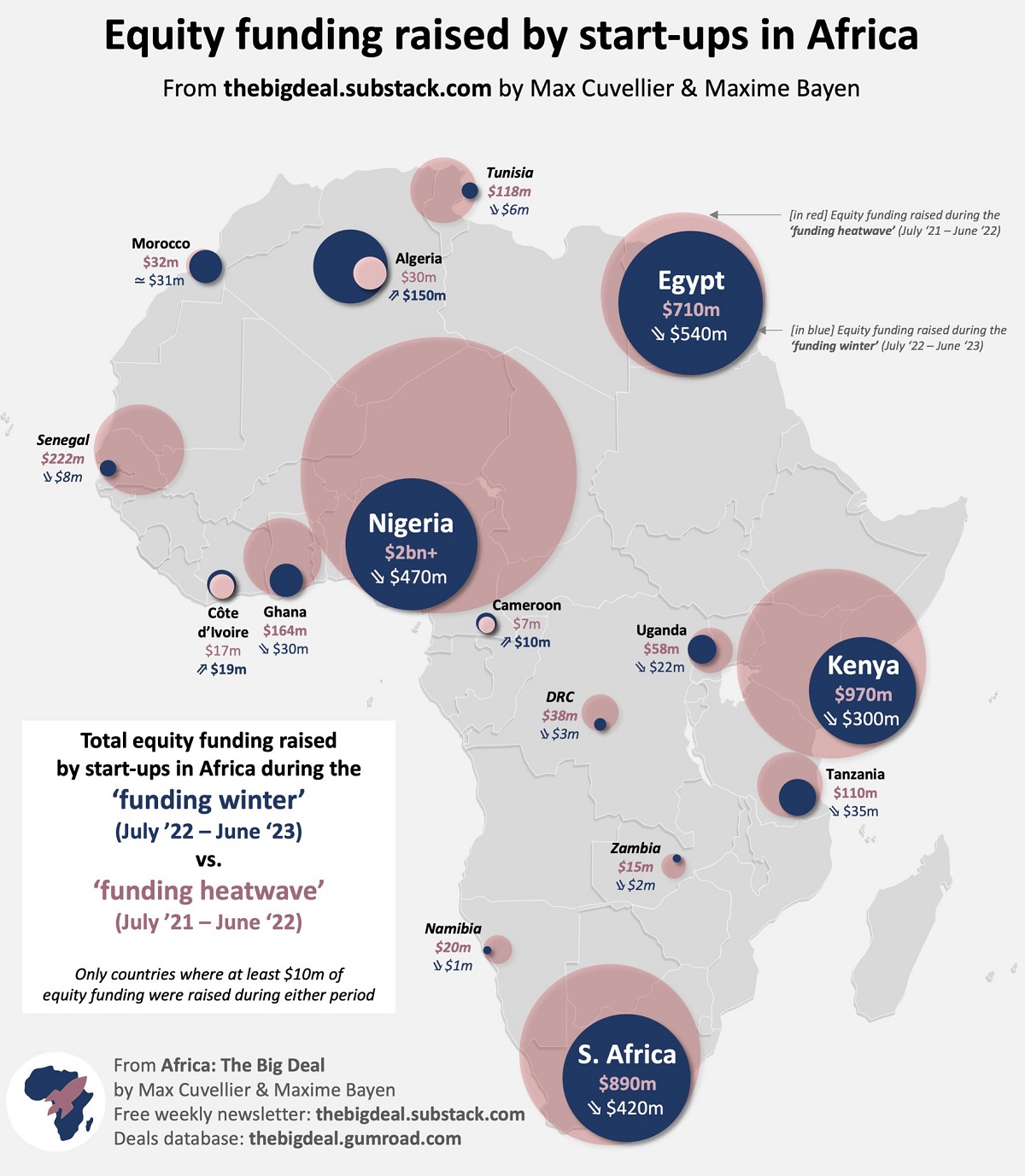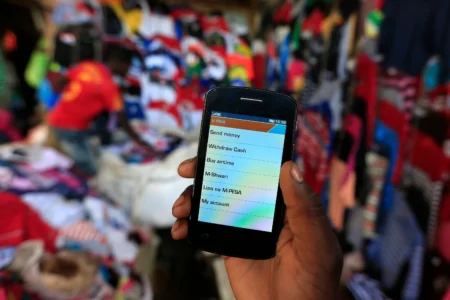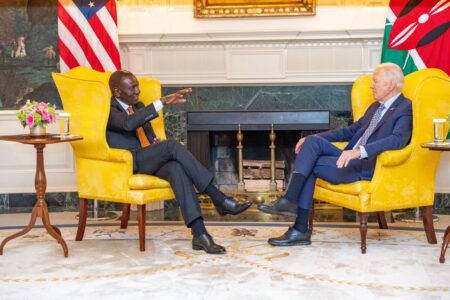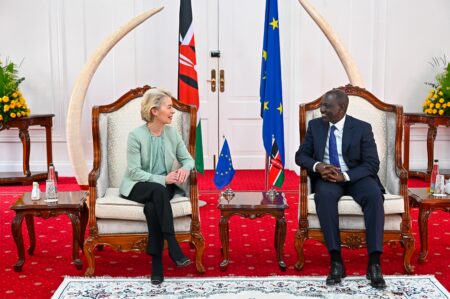- With the funding for growth, Lapaire intends to open 300 eye care centres.
- Eye care in developing countries like Kenya and many other African states remains underfunded.
- While it initially began with a B2B sales approach, it has since abandoned that model, favouring direct contact with the customers.
Kenya-based Eyewear Startup Lapaire has secured $3 million (KSh476 million) in private equity funding for growth initiatives across African markets. Following the deal’s closure, Lapaire intends to open 300 eye care centres, targeting 80 new outlets by December 2024.
Impact investment fund Investisseurs & Partenaires (I&P) led the equity round with AAIC, FINCA Ventures, and Beyond Capital pitching in. Cross-Boundary provided advisory support for the deal through USAID’s Africa Trade and Investment activity.
“Over the last few years, we worked hard to build a highly scalable model and we are now in the best position to accelerate our growth to positively impact the life of 1 million people across the continent by 2026,” said Lapaire Founder and CEO, Jerome Lapaire.
Growth funding for eyewear startup Lapaire
Lapaire, which began in Kenya in 2018, currently operates in six countries – Côte d’Ivoire, Benin, Togo, Burkina Faso, Mali, and Uganda. It operates 58 eye care centres in these countries, offering free eye tests to potential customers.
While it initially began with a B2B sales approach, Lapaire has since abandoned that model, favouring direct contact with the customers.
Eye care in developing countries, such as Kenya and many other African states, remains one of the most underfunded industries, making it very expensive to access treatment.
An estimated 35 per cent of the African population lives with vision impairments, of which 80 per cent can be corrected using eyeglasses. However, getting a pair of glasses is often expensive for the average person.
There’s also a shortage of trained eye care professionals, and the World Health Organisation estimates that only 13 countries in Africa meet the standard of one eye health professional per 55,000 people.
Read also: The Top 5 African Startups to Watch in 2024
Funding for growth for African startups
Startups in Kenya topped the continent in securing an impressive $800 million in venture capital funding in 2023, surpassing Egypt, Nigeria, and South Africa to emerge as the leading recipient of investments on the continent.
The latest findings from Africa: The Big Deal, a platform specializing in startup deals, reveal that Kenya’s share accounted for 28 per cent of the total funds raised across Africa
The report highlights that Egypt, which took the lead in 2022, secured the second position with $640 million in capital funding. South Africa followed closely with $600 million, while Nigeria secured $410 million in venture capital funding, rounding out the top contenders.
In East Africa, Kenya’s share grew from 86 per cent in 2022 to 91 per cent in 2023, showcasing its regional dominance. The report shows that startups that raised $100,000 (KSh16 million) and above in the country stood at 93.
With nearly half a billion dollars raised by Sun King and M-Kopa alone, Eastern Africa attracted $880 million (KSh139.9 billion) in 2023, representing 31 per cent of all the startup investments on the continent. It, therefore, took the number one spot up from position two in 2022 and four in 2021.
Debt represented more than half (56 per cent) of the funding raised in the region, and overall, 130 startups raised $100,000 or more during the period.
Healthcare startups
In recent years, there has been a significant surge in interest and investment in African healthcare startups. This trend marks a notable shift in the perception of Africa’s healthcare industry, once plagued by challenges, and now seen as a fertile ground for innovation and investment.
With increased funding pouring into these startups, there is newfound hope for addressing long-standing healthcare issues and improving access to quality medical services across the continent.
One of the primary drivers behind the increased funding for African healthcare startups is recognising the immense potential for innovation in the region. African entrepreneurs are leveraging technology to develop solutions tailored to their communities’ unique needs and challenges.

Read also: Startups scaling Africa’s digital agricultural innovation seek fresh financing
Startups are reshaping the healthcare landscape
Whether telemedicine platforms, mobile health applications, or innovative medical devices, these startups are reshaping the healthcare landscape by making services more accessible, affordable, and efficient.
The growing demand for healthcare services in Africa and the rise of a middle-class population have created a ripe market for investors. Recognizing the untapped opportunities, local and international investors are increasingly allocating capital to support the growth and expansion of healthcare startups across the continent.
This influx of funding provides startups with the necessary resources to scale their operations and validates the potential of African-led solutions to address global health challenges. Additionally, initiatives such as impact investing and venture philanthropy are playing a crucial role in driving funding to African healthcare startups.
Investors are increasingly looking beyond financial returns and are seeking opportunities to generate positive social impact. Investing in healthcare startups supports innovative businesses’ growth and improves healthcare outcomes and the overall well-being of communities across Africa.
However, despite the progress, challenges remain. Access to capital remains a significant barrier for many startups, particularly those operating in remote or underserved areas. Moreover, regulatory hurdles, infrastructure limitations, and market fragmentation continue to challenge the growth of Africa’s healthcare ecosystem.
The increased funding for African healthcare startups signifies a transformative shift in the perception of healthcare in Africa.











